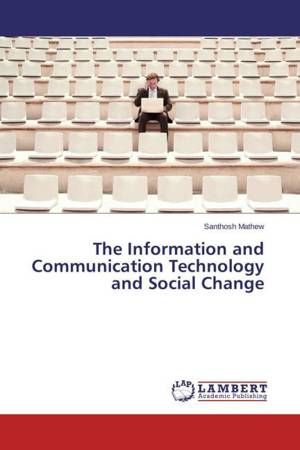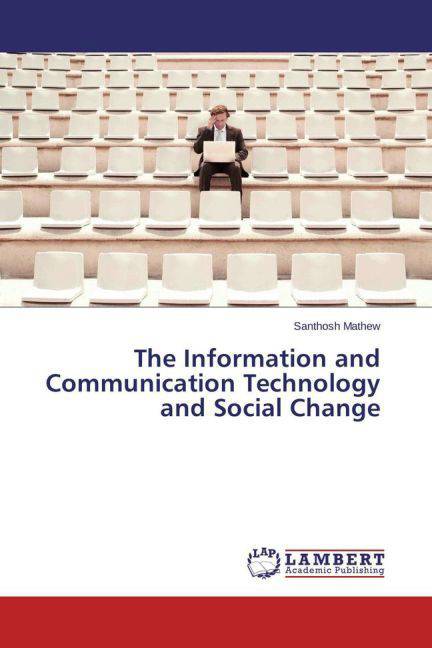
Bedankt voor het vertrouwen het afgelopen jaar! Om jou te bedanken bieden we GRATIS verzending (in België) aan op alles gedurende de hele maand januari.
- Afhalen na 1 uur in een winkel met voorraad
- In januari gratis thuislevering in België
- Ruim aanbod met 7 miljoen producten
Bedankt voor het vertrouwen het afgelopen jaar! Om jou te bedanken bieden we GRATIS verzending (in België) aan op alles gedurende de hele maand januari.
- Afhalen na 1 uur in een winkel met voorraad
- In januari gratis thuislevering in België
- Ruim aanbod met 7 miljoen producten
Zoeken
€ 30,95
+ 61 punten
Omschrijving
The new technological revolution that emerged during the last quarter of the 20th century radically transformed the lives of the people .The new generic technologies made revolutionary changes in the frontier areas of technology and it also affected the process of production, distribution and consumption in the entire world. Technologies have had significant inputs on people's lives during the twentieth century, but none was seen as profound as Information and Communication Technology (ICT) in human society. ICT in India is a comparatively recent term of origin and it had great significance in setting priorities in organizational developments of different sectors. The ICT is considered as a convenient tool to reach out the process of intended national development. The challenge of directing fast pace of socio-economic changes within the framework of available time and resources could be possible only if the required ICT is properly disseminated. Thus ICT is considered as a prime factor for the developing countries.
Specificaties
Betrokkenen
- Auteur(s):
- Uitgeverij:
Inhoud
- Aantal bladzijden:
- 64
- Taal:
- Engels
Eigenschappen
- Productcode (EAN):
- 9783659666780
- Verschijningsdatum:
- 13/11/2015
- Uitvoering:
- Paperback
- Afmetingen:
- 150 mm x 220 mm
- Gewicht:
- 104 g

Alleen bij Standaard Boekhandel
+ 61 punten op je klantenkaart van Standaard Boekhandel
Beoordelingen
We publiceren alleen reviews die voldoen aan de voorwaarden voor reviews. Bekijk onze voorwaarden voor reviews.









